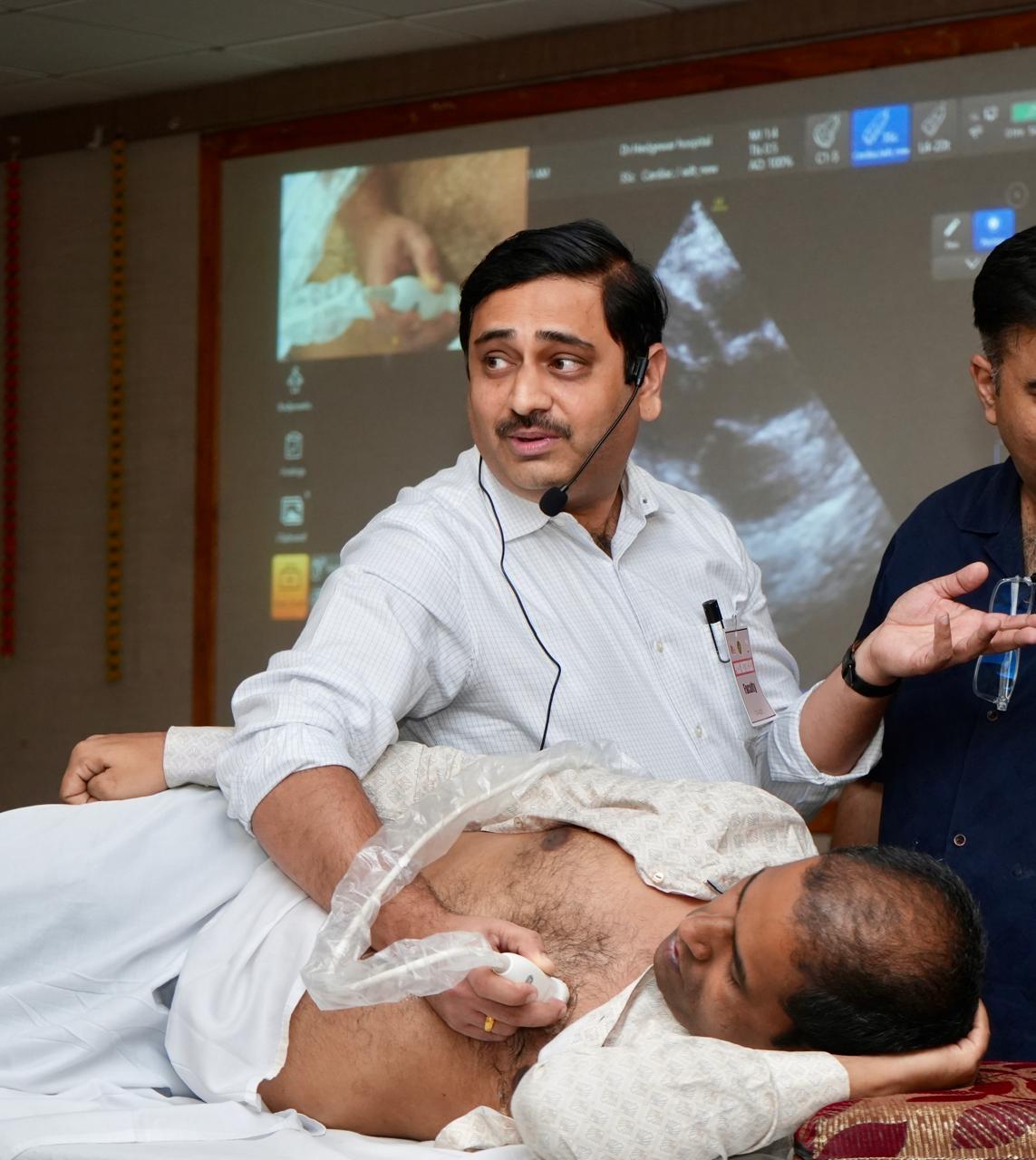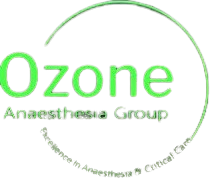
Point-of-Care Ultrasound (POCUS) Course – Mastering Ultrasound at the Bedside
Introduction
Point-of-Care Ultrasound (POCUS) has revolutionized clinical practice across a wide range of medical specialties, from emergency medicine and internal medicine to critical care, anesthesiology, and even primary care. This hands-on diagnostic technique enables clinicians to perform rapid, real-time ultrasound assessments right at the bedside, providing immediate insights that can significantly impact patient care and outcomes.
Our comprehensive POCUS course is designed to equip healthcare professionals with the knowledge, technical skills, and clinical judgment necessary to effectively integrate ultrasound into routine patient assessment. Whether you’re a physician, nurse practitioner, physician assistant, or medical student, this course will empower you to bring imaging to the patient—when and where it’s needed most.
Course Overview
This POCUS course blends theoretical foundations with extensive hands-on training. The curriculum covers a broad spectrum of applications, emphasizing image acquisition, interpretation, and clinical decision-making. Taught by experienced sonographers and practicing physicians, this course ensures that learners gain both confidence and competence in using ultrasound in real-world clinical settings.
Key Topics Include:
- Ultrasound Physics and Machine Knobology
- Image Acquisition and Optimization
- Cardiac POCUS (e.g., assessment of ejection fraction, pericardial effusion)
- Lung and Pleural Ultrasound (e.g., pneumothorax, pleural effusion)
- Abdominal POCUS (e.g., free fluid, aortic aneurysm, gallbladder)
- Vascular Access Guidance
- Deep Vein Thrombosis (DVT) Screening
- FAST Exam (Focused Assessment with Sonography in Trauma)
- eFAST (Extended FAST for pneumothorax)
- Renal and Bladder Imaging
- Musculoskeletal and Soft Tissue Applications
- Obstetric and Gynecologic Scans
- Pediatric Applications
- Ultrasound-Guided Procedures
Learning Objectives
By the end of the course, participants will be able to:
- Understand the principles of ultrasound physics and machine settings.
- Demonstrate proper scanning techniques and probe handling.
- Acquire and interpret high-quality ultrasound images in various clinical scenarios.
- Apply POCUS to answer focused clinical questions and support decision-making.
- Integrate POCUS findings with physical examination and other diagnostic tools.
- Recognize the limitations of ultrasound and avoid common pitfalls.
- Perform ultrasound-guided procedures with improved accuracy and safety.
Who Should Enroll?
This course is ideal for:
- Emergency Medicine Physicians
- Internal Medicine and Family Physicians
- Critical Care and ICU Clinicians
- Anesthesiologists and Pain Management Specialists
- Nurse Practitioners (NPs) and Physician Assistants (PAs)
- Residents and Medical Students
- Paramedics and Prehospital Providers
- Hospitalists and Urgent Care Providers
Whether you're a beginner seeking a strong foundation or a clinician looking to refine and expand your POCUS skills, this course is tailored to meet your needs.
Course Format
We offer both in-person and online hybrid formats, each featuring a blend of:
- High-definition video lectures and demonstrations
- Live webinars and Q&A sessions
- Interactive case-based learning
- Hands-on workshops with real-time feedback
- Simulated practice using ultrasound models
- Final assessment and optional certification exam
Duration: 2–5 days, depending on course level
Level Options: Beginner, Intermediate, and Advanced tracks available
Certification: Certificate of Completion provided; optional pathways to credentialing
Why Learn POCUS?
1. Immediate Clinical Impact
POCUS enhances clinical assessments, especially in time-sensitive situations like trauma, cardiac arrest, sepsis, and undifferentiated dyspnea or abdominal pain. Real-time imaging allows clinicians to quickly narrow differentials, initiate appropriate interventions, and improve patient safety.
2. Improved Procedural Accuracy
Ultrasound-guided procedures—like central venous catheter placement, paracentesis, thoracentesis, and nerve blocks—reduce complications, increase success rates, and enhance patient comfort.
3. Cost-Effective and Radiation-Free
POCUS avoids the delays and expenses of traditional imaging modalities like CT or MRI. It also eliminates exposure to ionizing radiation, making it ideal for pregnant women and pediatric patients.
4. Expanding Scope Across Specialties
From emergency departments and ICUs to rural clinics and ambulances, POCUS is becoming a standard of care across multiple disciplines and care settings.
What Makes Our Course Unique?
- Expert Faculty: Taught by nationally recognized leaders in POCUS education, with decades of combined experience.
- Hands-On Focus: Live scanning sessions make up a substantial portion of the course to build real-world competency.
- Low Student-to-Instructor Ratio: Ensures personalized attention and feedback during practical sessions.
- Interactive Learning: Case-based discussions and real patient scenarios make the content clinically relevant and memorable.
- Post-Course Resources: Continued access to digital learning materials, updates, and a private alumni network for questions and mentorship.
Testimonials
“This course completely transformed the way I practice. I now use ultrasound daily and feel more confident in my bedside assessments.”
— Dr. S. Rahman, Hospitalist
“The instructors were knowledgeable and incredibly supportive. The hands-on practice was invaluable. Highly recommended!”
— Emily T., NP
“Best CME I’ve ever taken. A must for anyone involved in acute care.”
— Dr. Jason M., Emergency Medicine
Conclusion
Point-of-Care Ultrasound is no longer just a tool of the future—it’s the present of modern medicine. This POCUS course empowers clinicians with the skills and confidence to use ultrasound to make quicker diagnoses, guide safer procedures, and deliver better care at the bedside.
Whether you're aiming to enhance your physical exam, improve procedural safety, or lead change in your institution’s diagnostic strategy, this course is your gateway to becoming an ultrasound-savvy clinician.
.Date
28-5-2025
Course Faculty
Dr Deepak Borde , Dr Pramod Apsingekar
Course Syllabus
-
Introduction
Course Fees
no
